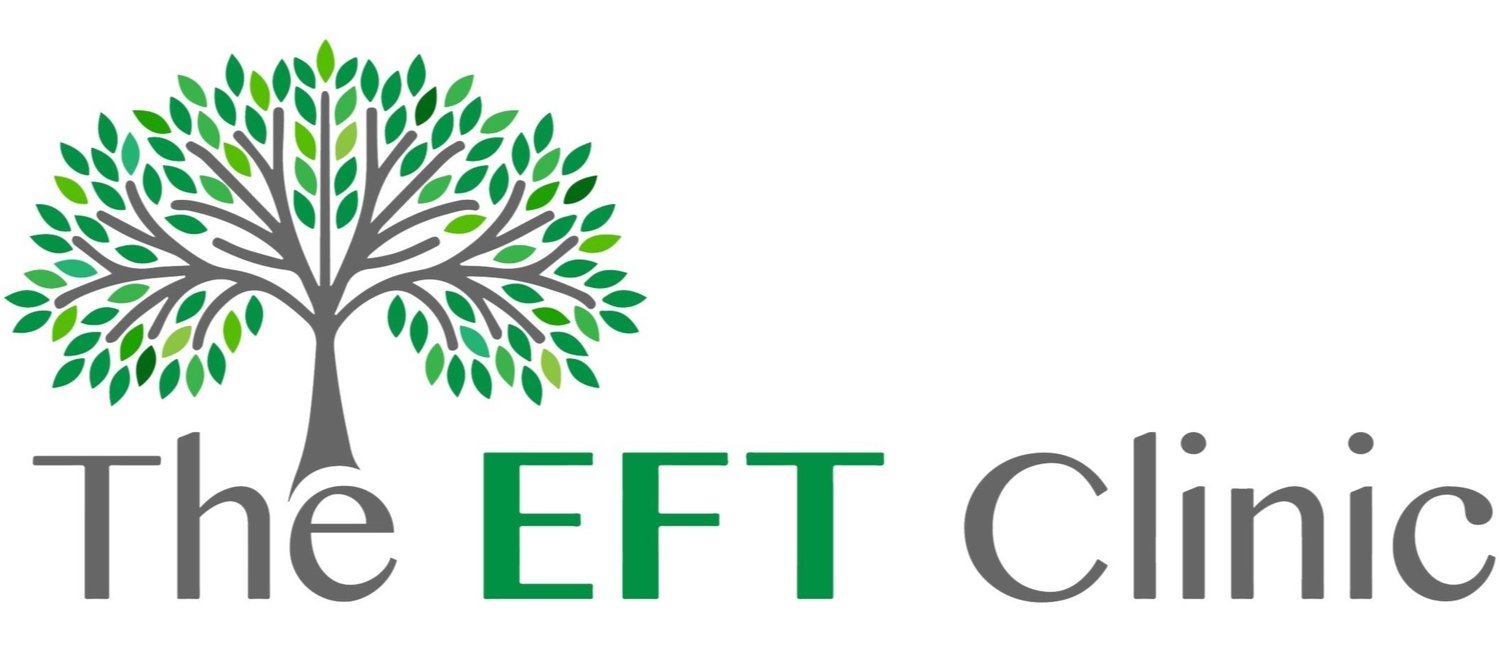How to Support Moms Pre, During, and Post Pregnancy
/How To Support Moms Pre, During, and Post Pregnancy
By Misty DeMann, LMFT
Maternal Mental Health disorders, like perinatal (during pregnancy) and postpartum depression, anxiety, and psychosis are the number one most common complication of pregnancy and childbirth. During this time women are more likely to experience a mental illness than they are to develop gestational diabetes or preeclampsia. With mental illness being the most common complication for pregnant and postpartum women, you would think that doctor’s offices and hospitals would screen for Maternal Mental Health Disorders. Unfortunately, little is being done to assess for and treat these complications.
It is likely that someone close to you—perhaps even yourself—has experienced some sort of shift in mental health either pre, during, or post pregnancy. Whether it is the “Baby Blues”, postpartum depression, anxiety, psychosis, or another emotional disorder, there are things you can do to help a struggling mother in your life.
Consider the acronym SNOWBALL from the Utah Maternal Mental Health Collaborative (now PSI-Utah):
Sleep
Nutrition
Omega 3s
Walk
Baby Breaks
Adult Time
Liquids
Laughter
SLEEP: We all need sleep to be able to function physically, mentally, and emotionally. Offering to watch the baby during the day so that Mom can get a decent stretch of sleep can go a long way for her mental and physical health.
NUTRITION: Vitamins and supplements help ensure that Mom is getting all the nutrients she needs in her diet, especially if she is breastfeeding. Balanced and nutritious meals are another way to help Mom maintain her physical and mental health, but preparing meals require time and energy, something not always readily available for a new mother. Help a mom meal prep or bring her a nutritious meal to share with her family.
OMEGA3s: Encourage Mom to take a fish oil supplement which can prevent and treat anxiety and depression.
WALK: Take Mom for a walk or invite her to do something active. Exercise improves not only physical but mental and emotional health and gives new moms an opportunity to get out of the house.
BABY BREAKS: Offer to watch the baby, even if it’s for a short time. Doing this gives Mom a break and time to focus on herself and engage in some precious self-care.
ADULT TIME: Invite Mom do to something with you and other adults. We need social interaction, outside of children, to share how we feel and find connection.
LIQUIDS: Remind Mom to drink and fill up her water for her. Dehydration can escalate symptoms of anxiety and depression.
LAUGHTER: Send Mom a funny video, talk with her lightheartedly, and remind her to play. Laughter can help alleviate symptoms of anxiety and depression (Utah Maternal Mental Health Collaborative, 2015).
If you or someone you know is experiencing symptoms of a Maternal Mental Health Disorder, reach out to a Mental Health Professional or Medical Doctor. If you or someone you care about is in crisis please consider calling these available resources:
UNI’s Crisis Line: (801) 587-3000
National Suicide Prevention Lifeline: 1-800-273-8255
Postpartum Support International HelpLine: 1-800-944-4773 or Text Message: 503-894-9453
Utah Maternal Mental Health Collaborative (2015). Moms mental health matters. Retrieved from https://www.psiutah.org/wp-content/uploads/2015/05/UMMHCWellnesstips.docx.pdf


